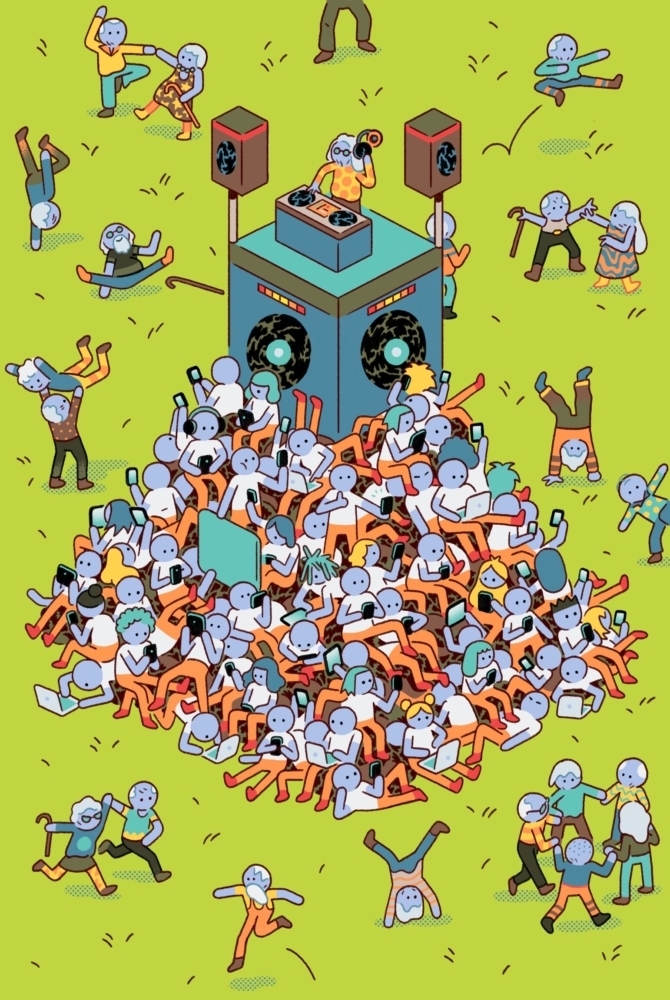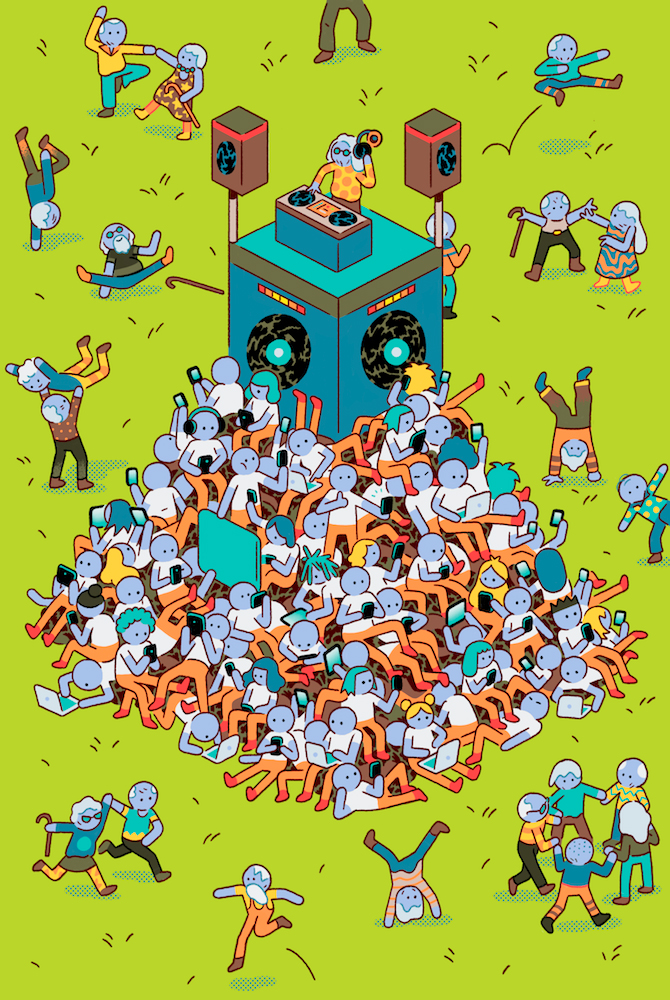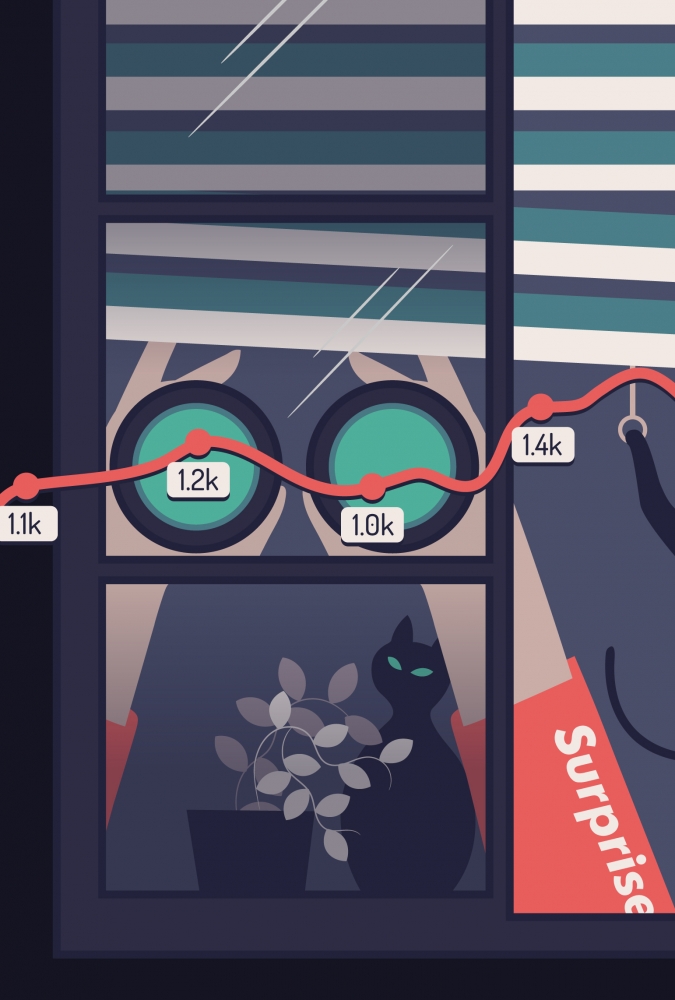 The archetype of Millennials in hoodies founding successful tech companies is deeply embedded in our cultural zeitgeist. It’s as core to the creation myth of the sector as the proverbial garage that launched a thousand startups.
The archetype of Millennials in hoodies founding successful tech companies is deeply embedded in our cultural zeitgeist. It’s as core to the creation myth of the sector as the proverbial garage that launched a thousand startups.
Here’s the thing: the young tech founder is not only atypical, but also undesirable. The average age of a company founder is a solid middle-aged 40 years old, the Kauffman Foundation found back in 2009. Technology company founders were one-year younger on average. Both are actually older than the average age of the population in America.
New research from professors at MIT, Northwestern, and a researcher from the Census Bureau provides further insight as to why this is the norm by examining comprehensive federal data on US businesses. They find that “all evidence points to founders being especially successful when starting businesses in middle age or beyond, while young founders appear disadvantaged.” Then there’s this particularly cutting punchline: “The mean founder age for the 1 in 1,000 highest growth new ventures is 45.0.” That’s more than twice the age of Bill Gates and Mark Zuckerberg when they founded the businesses they’re most known for.
There is common sense here, even if it cuts against the grain of conventional wisdom in the startup community. After all, more experienced workers have more knowledge about business and deeper professional networks. They might even have a little seed money of their own. Apparently, those advantages edge out the boundless energy and unconstrained imaginations of youth.
Indeed, the creative edge of youth might be a figment of our imagination. As Aziz Shamin famously tweeted back in 2015: OH: SF tech culture is focused on solving one problem: What is my mother no longer doing for me? That might be the only real “pain point” that many Millennials have experienced, and thus the one they solve for (with imagination, to be sure). I’d like to think a little life experience might reveal more lofty needs for consumers or society.
Economist David Galenson stresses that some artists hit their most creative periods in their middle ages, noted in his book Old Master and Young Geniuses: The Two Life Cycles of Artistic Creativity. As he explains in an interview with Smithsonian magazine: “There are two very different types of artists, which I call Old Masters, who work by trial and error and tend to improve with age, and conceptual people, or Young Geniuses, who generally do their best work early in their careers.”
Yet, Old Masters are currently overlooked in our startup ecosystems, much of which is still geared to the care and feeding of the next young Zuckerberg. Besides suggesting there’s hope yet for this middle-aged founder, the research points to other lessons. The urban planners, real estate developers, and venture capitalists who are all trying to nurture the petri dish of entrepreneurship might want to swap out Friday beer bashes and foosball tables for the more prosaic supports that middle-aged professionals crave. You know, things like health care or child care or college admissions coaching for founders’ kids.
Development psychologist Erik Erikson mapped our life stages in a model of psychosocial development. In his model, the “Care” stage, which typically kicks in at age 40, is marked by a desire to contribute to society and to guide future generations. That instinct, not the need to perform motherly tasks, animates middle-aged founders and directs them to start businesses with meaning and import. So the next time you picture a successful tech founder in your mind’s eye, I hope it’s someone with a few more grey hairs under that hoodie.
Larry Yu (@laryu) is Managing Director of Kite Global Advisors, a thought leadership consulting firm that he co-founded at the age of 45. He is also Managing Editor of the Milken Institute Review and former Managing Editor of Strategy+Business.
Illustration by Cristian Robles Martinez, aka “Ken Sausage”



